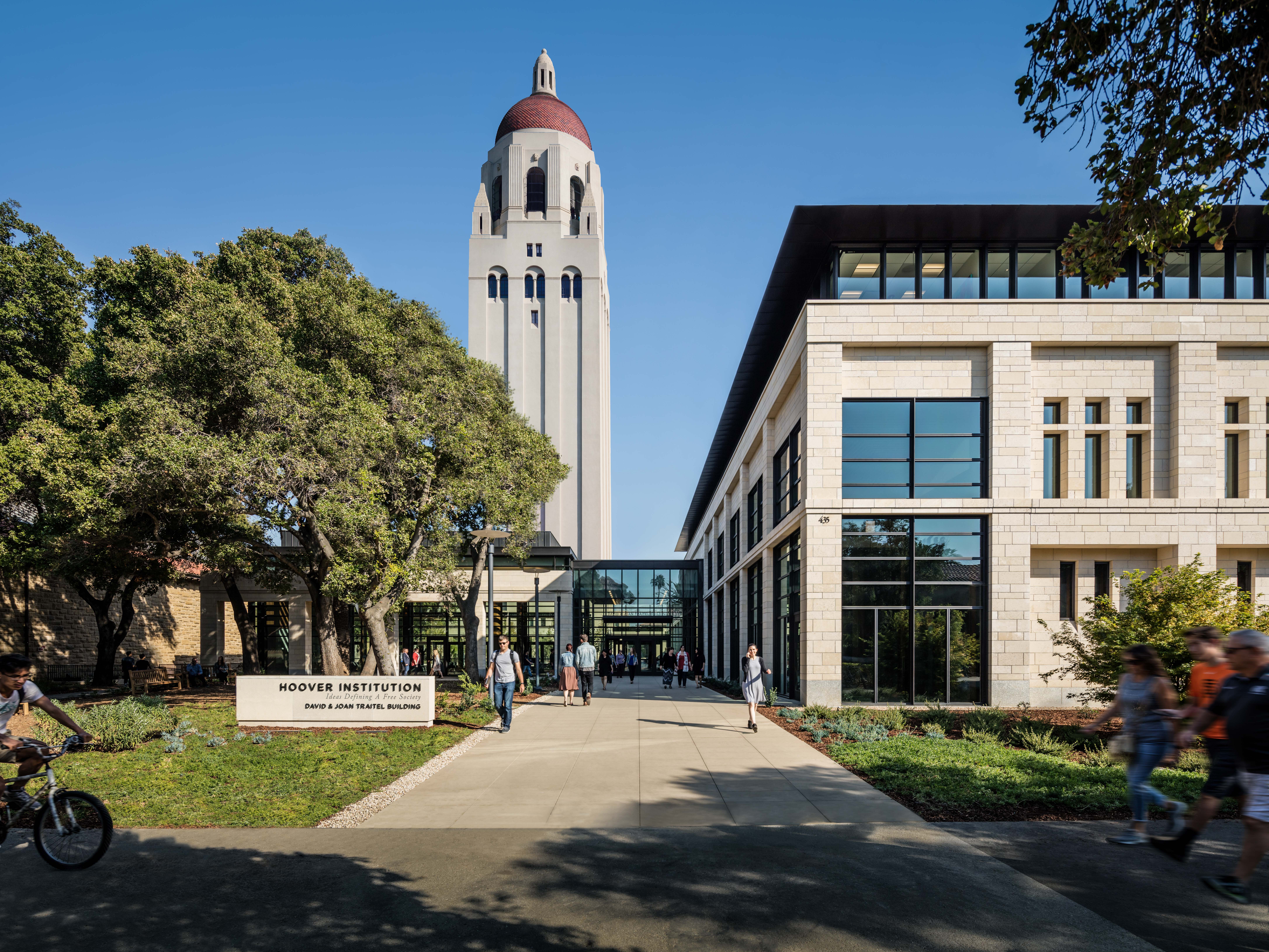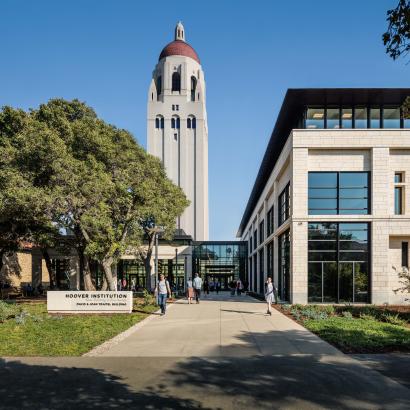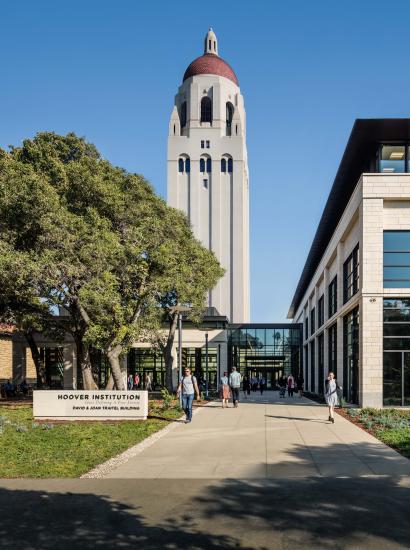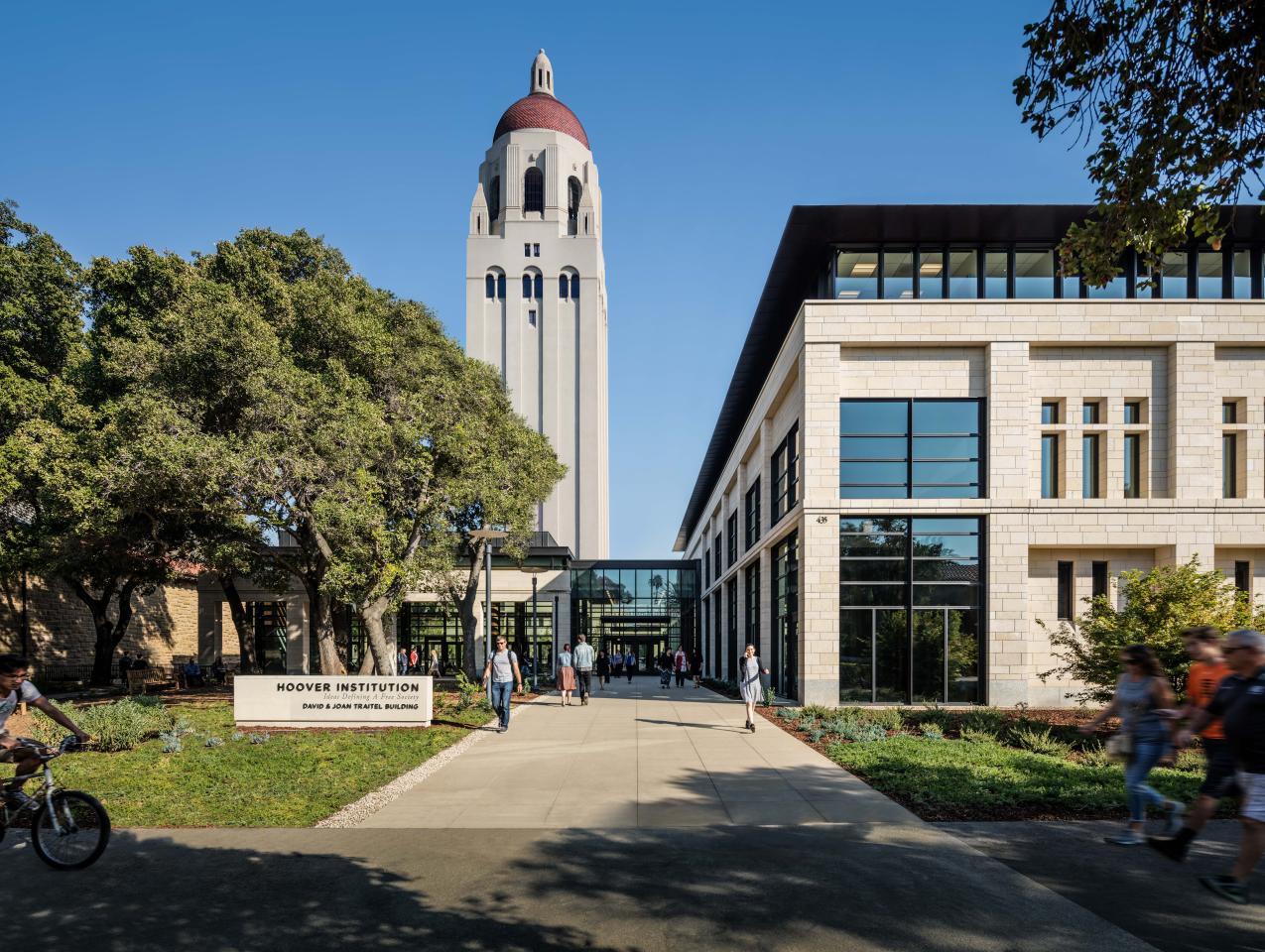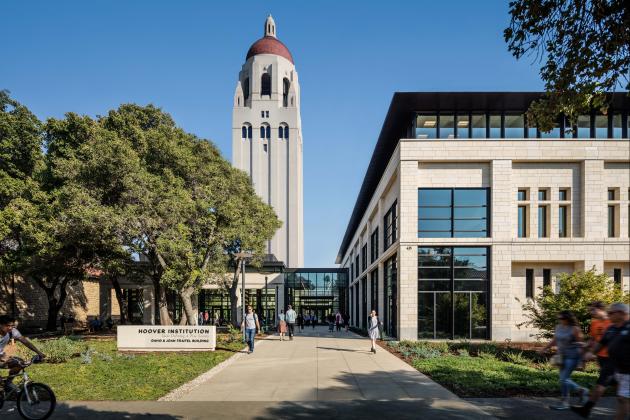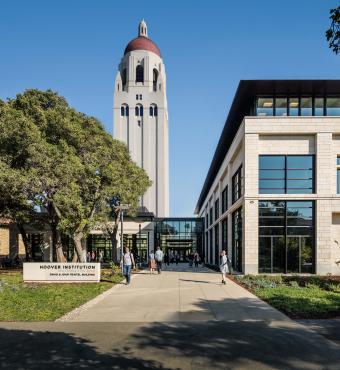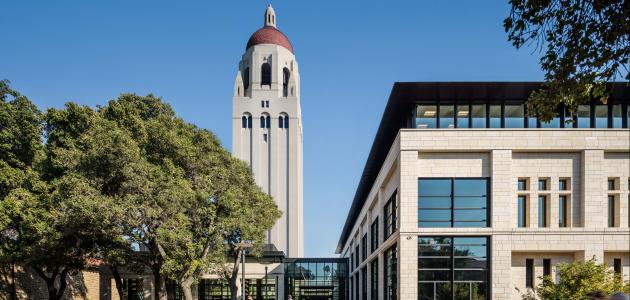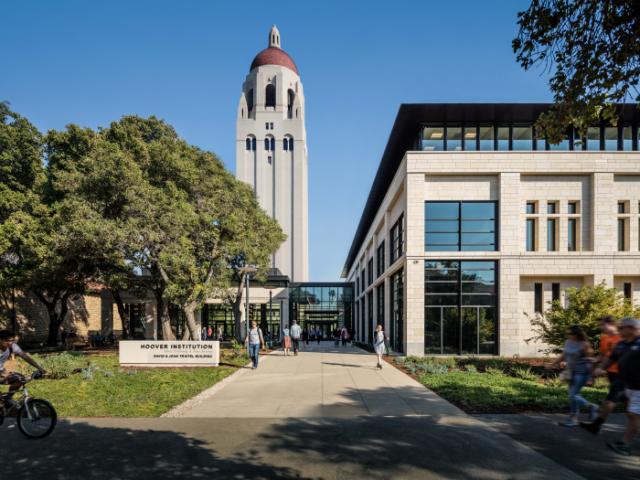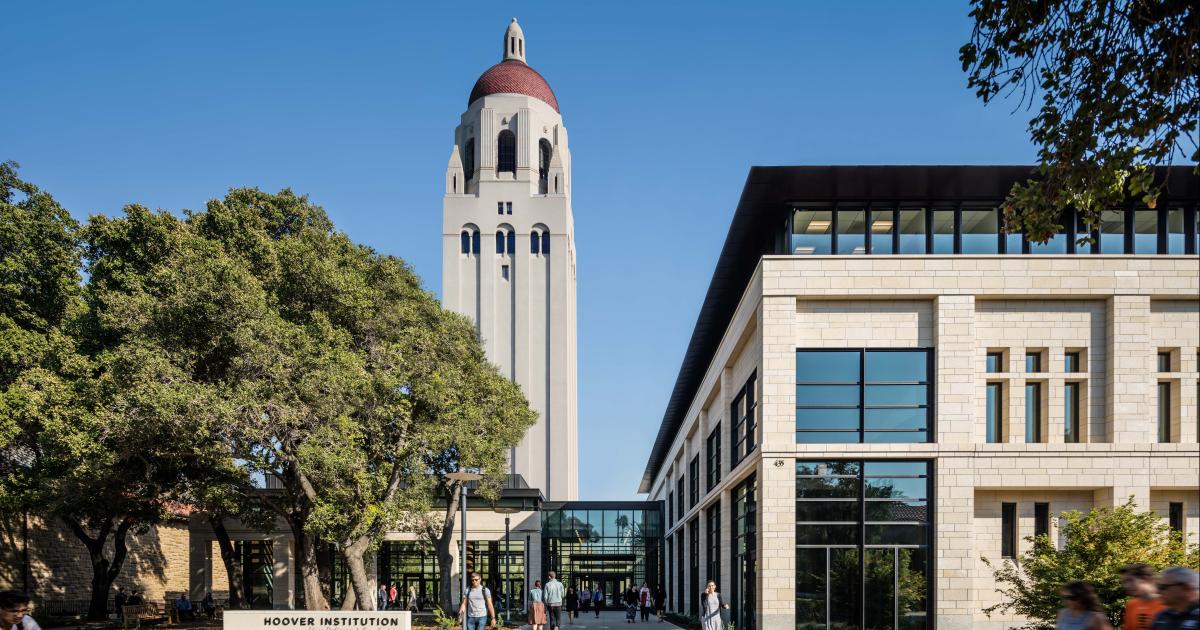Hoover Institution (Stanford, CA) - The Hoover Institution is pleased to welcome its 2021–22 class of the W. Glenn Campbell and Rita Ricardo-Campbell National Fellows Program.
The diverse group of scholars represent a wide breadth of disciplines from prominent centers of academia and public policy across the nation. They take a pause from their customary professional responsibilities in order to come to Hoover, where they undertake unrestricted, rigorous, and creative research.
The fellowship offers unique resources, including access to the more than one million volumes and six thousand collections of the Hoover Institution Library & Archives, a premier center of primary-source documentation about political, economic, and social change. The program also enables national fellows to engage with resident Hoover scholars and draw on their cutting-edge research and practical experience at the top levels of national policy making. In previous years, national fellows have included Condoleezza Rice, John F. Cogan, and Daniel Kessler. All are now senior fellows at the Hoover Institution.
The national fellows’ participation begins on September 1, 2021, and ends August 31, 2022. All national fellows will be required to complete a significant research project and publishable manuscript while in residence at the Hoover Institution. They are also expected to engage in the intellectual life at Hoover and deliver a presentation about their research to an appropriate group of resident fellows.
Each year, Hoover senior fellows and Stanford University scholars nominate a group of national fellows for selection by the director of the Hoover Institution. The 2021–22 class features six distinguished individuals:

Mark Brilliant
William C. Bark National Fellow
Mark Brilliant is an associate professor in the department of history and program in American studies at the University of California–Berkeley. His first book, The Color of America Has Changed: How Racial Diversity Shaped Civil Rights Reform in California, 1941–1978, won the William Nelson Cromwell Book Prize from the American Society for Legal History and received honorable mention for the Frederick Jackson Turner Award from the Organization of American Historians. His current book in progress is entitled Gilded State: California and the Origins of America’s New Gilded Age. It explores the historical roots of contemporary California’s curious confluence of high-tech innovation and Democratic Party domination on the one hand, and extreme income polarization on the other.

Aditya Dasgupta
John Stauffer National Fellow in Public Policy
Aditya Dasgupta is an assistant professor of political science at the University of California–Merced. His research interests are in comparative political and economic history and development. He works on three main topics: democratization, technological change, and state capacity. Dasgupta conducts much of his research in rural India. His current book project explores how technological change as a form of “creative destruction” also disrupts the distribution of political power in society. He is also currently building a lab focusing on the political economy of agriculture and rural societies (PEARS).
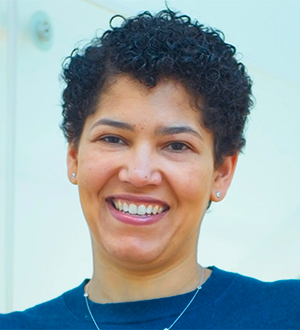
Marika Landau-Wells
Edward Teller National Fellow
Marika Landau-Wells is an assistant professor in the Travers Department of Political Science at the University of California–Berkeley. Her research is broadly concerned with the effects of cognitive processes—including perception, attention, concept formation, and memory—on political behavior. Her current project investigates the ways in which the psychological and neurological underpinnings of threat perception influence decision making. She employs a variety of research methods in her work, including experiments, archival data analysis, and functional magnetic resonance imaging (fMRI). During her fellowship year at Hoover, Landau-Wells will complete a book manuscript on the role of threat perception in the making of national security policy.

Victoria Perez
The Starr Foundation National Fellow
Victoria Perez is an assistant professor at the Yale School of Public Health and an applied economist interested in health economics and public finance. She conducts research on how systemic factors affect health care access for vulnerable populations. As part of this focus, Perez’s studies include Medicaid design and public finance outcomes, provider competition, and health care fraud.
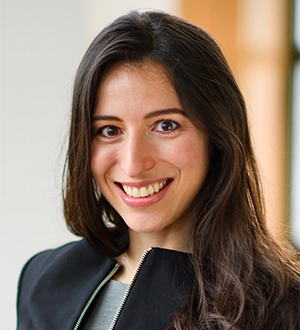
Rebecca Perlman
Susan Louise Dyer Peace National Fellow
Rebecca Perlman is an assistant professor in the department of politics and the School of Public and International Affairs at Princeton University. Her primary field of research is international political economy, with a focus on regulatory politics and the governance of multinational corporations. While at Hoover, she will be working to complete her book manuscript exploring how companies leverage private information in order to overcome barriers to competition and trade at both the national and international levels. Her work has appeared in the American Journal of Political Science, International Studies Quarterly, and the Journal of Legal Analysis.
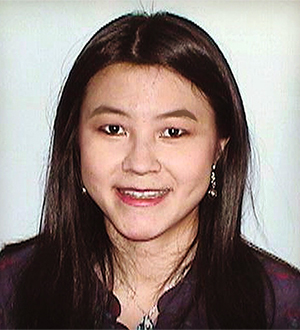
Shiran Victoria Shen
National Fellow
Shiran Victoria Shen is an assistant professor of environmental politics at the University of Virginia. Her research explores the intersections of political science, public policy, environmental sciences, and engineering, with a particular understanding of how local politics influence environmental governance. Her first book (forthcoming from Cambridge University Press) is The Political Regulation Wave: A Case of How Local Incentives Systematically Shape Air Quality in China. She is currently working on her second book, tentatively entitled The Renewable Energy Investment Gap: How Local Politics Impede the Greening of China’s Belt and Road Initiative. Shen has also published articles in academic journals on the political economy of the environment, environmental attitudes and behavior, and environmental justice.
For more information on the W. Glenn Campbell and Rita Ricardo-Campbell National Fellows Program, contact fellows program administrator Kathy Campitelli at kathy.campitelli@stanford.edu, (650) 725-8557.







